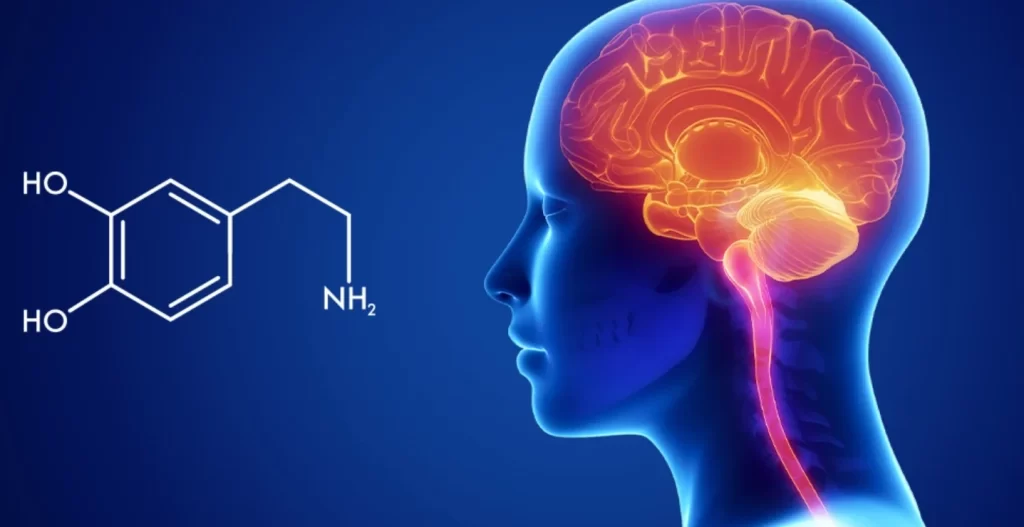Dopamine is a crucial neurotransmitter in the brain, often referred to as the “happiness hormone” because it’s linked to feelings of reward and motivation. However, it can be a double-edged sword, especially when it comes to gambling and high-risk investing.
🧠 How Dopamine Works in Gambling and Investing
When you win a bet or gain a return from an investment, your brain releases dopamine, triggering feelings of excitement and satisfaction. This creates a reward loop:
- Anticipation: Just thinking about winning can trigger dopamine release.
- Uncertain Rewards: Unexpected or infrequent rewards (like hitting a jackpot) increase dopamine release even more.
- Desire for More: The more rewards you get, the stronger the urge to repeat the action—leading to addictive behaviors.
📉 Why Is This Dangerous in Investing?
Dopamine can lead investors to:
- Overestimate potential profits from a stock.
- Make decisions driven by emotion rather than logic.
- Hold on to losing positions out of hope for a comeback.
🛡️ How to Manage Dopamine-Driven Impulses
- Set clear investment rules: Stick to discipline over emotion.
- Pause during emotional highs: Taking breaks helps restore balance.
- Find joy elsewhere: Exercise, meditation, or healthy hobbies can offer positive dopamine boosts.


ARTICLES IN THE SAME CATEGORY
Early at Year’s End, A Word of Gratitude to Those Who Have Shown Us Kindness
Live contentedly, be satisfied with what you have, and maintain an optimistic outlook on life. These are simple yet wise principles.
People constantly chase after desires, but in the end, when they achieve them and look back, they are left feeling empty.
Greed, Gold, and the Spiral of Instability in Human History
Karma in Vietnamese Classical Thought and Lessons from Cambodia Today
Words and the Fortunes of a Lifetime: Why a Few Right Sentences Are Enough for an Entire Life
ARTICLES IN THE SAME GENRE
“Not Gambling Is Victory”: Reflections from Those Who Awaken at the End of the Dark Tunnel
Why Cambodia Has Become a Haven for Scam Syndicates
Why do gamblers only wake up when they’ve hit rock bottom?
Why Casinos Always Win
Why Selective Memory is Dangerous for Gamblers and Investors
Why Unrealized Gains Are Dangerous for Both Gamblers and Investors